Dr Kao spoke to CNA ahead of the 46th ASEAN Summit that kicked off in Kuala Lumpur on Monday (May 26).
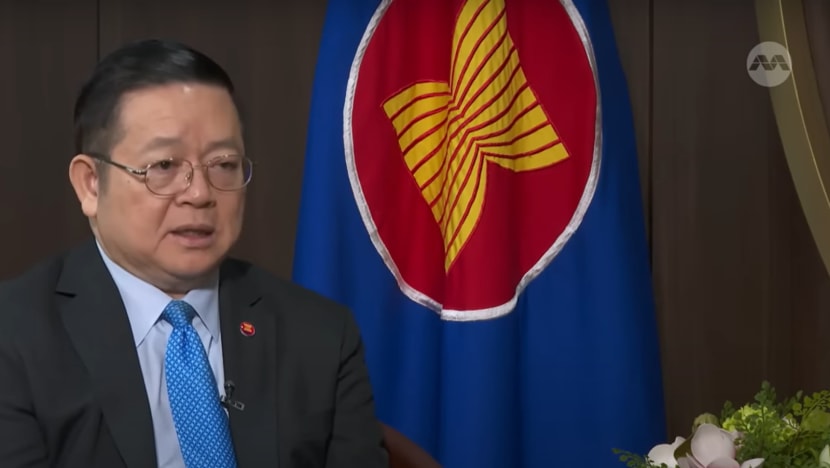
Dr Kao Kim Hourn, secretary-general of the Association of Southeast Asian Nations, speaks to CNA ahead of the 46th ASEAN Summit.
New: You can now listen to articles.

This audio is generated by an AI tool.
JAKARTA: Southeast Asian leaders are looking for ways to mitigate the impact of the United States’ sweeping import tariffs as the ASEAN (Association of Southeast Asian Nations) Summit in Malaysia kicks off on Monday (May 26).
In an interview with CNA ahead of the two-day summit, ASEAN secretary-general Kao Kim Hourn said he expects the bloc to deepen engagement and increase intra-regional trade.
He also said Washington's tariff policy has strengthened unity and solidarity among member states.
Q. How can ASEAN deepen its engagement within member countries and improve intra-regional trade?
(Singapore’s) Deputy Prime Minister Gan Kim Yong has been leading this on the finalisation of the current negotiation for ASEAN Trade in Goods Agreement (ATIGA). We have been working on this for some time. We expect to conclude this ATIGA as early as possible. That will bring us in to another level of having a deeper trade engagement within the region here. So this is something quite positive in my view - that as soon we can realise this ... we will remove more barriers, particularly NTBs (non-trade barriers), and we will open up more. We need to do more businesses among the 10 member states rather.
Q. To what extent do you think the US reciprocal tariff policy or tariff hikes has fostered ASEAN unity?
I think this is probably the indirect by-product. ATIGA has been working for some time already for the upgrade, so in a way (it helps) us to expedite even more because it provides a very important impetus for us to look at the way things are in our region.
What more could be done? We have to maximise our own potential when things are getting difficult externally, because … the tariffs and counter-tariffs make the whole economic dynamics very challenging for all of us, despite the fact that among the 10 member states, we have different percentages of tariffs from 10 per cent to 49 per cent and the additional tariffs. But at least I think for the time being, we see some pauses here and there and the positive development in some negotiations (between the US and) United Kingdom and China.
But I think we cannot take this for granted, meaning that we must continue our work. And that's why I think the 46th ASEAN Summit is a timely summit for leaders to really have an in-depth discussion.
Q. Do you think this is a wakeup call for ASEAN not to rely too much on the US market?
Yes, I think it’s a wake-up call for us that we cannot rely on any single market (or) a country. We have to rely more on ourselves. This is the message that is going to be very clear for ASEAN moving forward. That's why the timing for the launching of the ASEAN Community Vision (ACV) 2045 is perfect timing in terms of that. (It) will give direction. I think the ACV 2045 is a new roadmap. We open a new chapter for ASEAN because we never had a 20-year vision.
Q. For the first time, there will be the ASEAN-Gulf Cooperation Council (GCC)-China summit during the ASEAN Summit. What does the bloc hope to achieve?
China has been ASEAN’s number one trading partner for the past 16 consecutive years, and we have been China's number one trading partner for the past consecutive six years … There's a lot of trade, there's a lot of investment, a lot of cooperation.
To bring the three regions together, to look at what kind of synergy (and) economic cooperation we can have ... this is a new arrangement that has been conceived by Malaysia. Let's see how the leaders will discuss. But what's important is that for us, we are always looking for new opportunities out there. On the one hand, we will continue to build on the existing and the current opportunities, but also to explore new opportunities, new avenues where we can advance our interests.
Q. Do you think that this ASEAN-GCC-China summit is a signal or indication that ASEAN is moving closer towards China, and away from the US amid the trade tensions with Washington?
No, I don't think so. ASEAN never chooses sides. We are friends to all and enemies to none. With the US, we have had an enduring partnership (for) the past 48 years, and it will be during the Trump administration that will be commemorating the 50th anniversary in 2027 during Singapore’s chairmanship of ASEAN.
It's clear that we will continue to engage with the US on many issues because the US is also our comprehensive strategic partner … I don't think we are moving closer to Beijing or to Washington or anywhere. I think ASEAN remains ASEAN.
Q. What new initiatives can be expected at the ASEAN Summit with regards to resolving the crisis in Myanmar?
There are some movements. Before the summit we will have two meetings - just focused on Myanmar, at the ministerial level. There will be a meeting of the present chair, incoming chair and previous chair … it's all ASEAN Foreign Minister consultation ... discussing Myanmar. In that regard, they will have more time than they have been allocated to discuss the current developments in Myanmar, including the recent 7.7 magnitude earthquake impact as well.
I'm sure the leaders will discuss on looking at what we have done and what more can ASEAN do, particularly in the context of the Five-Point Consensus. How can we make sure the Five-Point Consensus will continue to be implemented in full? I think that's important.
Q. Can you give an update on Timor-Leste's progress toward becoming a full member of ASEAN?
There has been some good progress on Timor-Leste's membership in ASEAN. We have finally set up an operational ... Timor-Leste unit within the ASEAN Secretariat, so we now have dedicated staff to look after Timor-Leste. And of course, we concentrate now on the seven requirement for full membership, and we are constantly updating this to make sure that Timor-Leste is ready. Once it becomes a full member ... there's a lot of obligation, and that's why it's important for Timor-Leste to understand this on the one hand, but for us to make sure that we are ready as well. So I would say we should anticipate the accession by Timor-Leste in the very, very near future.

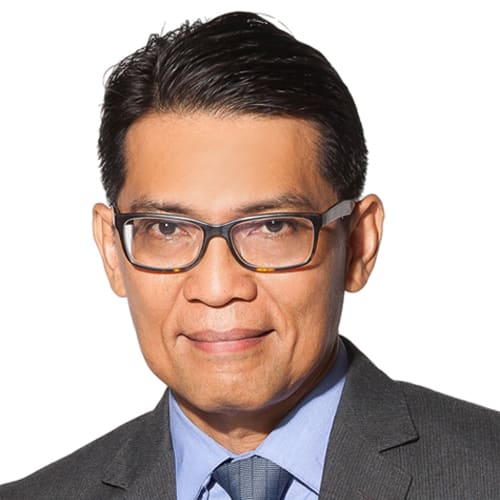



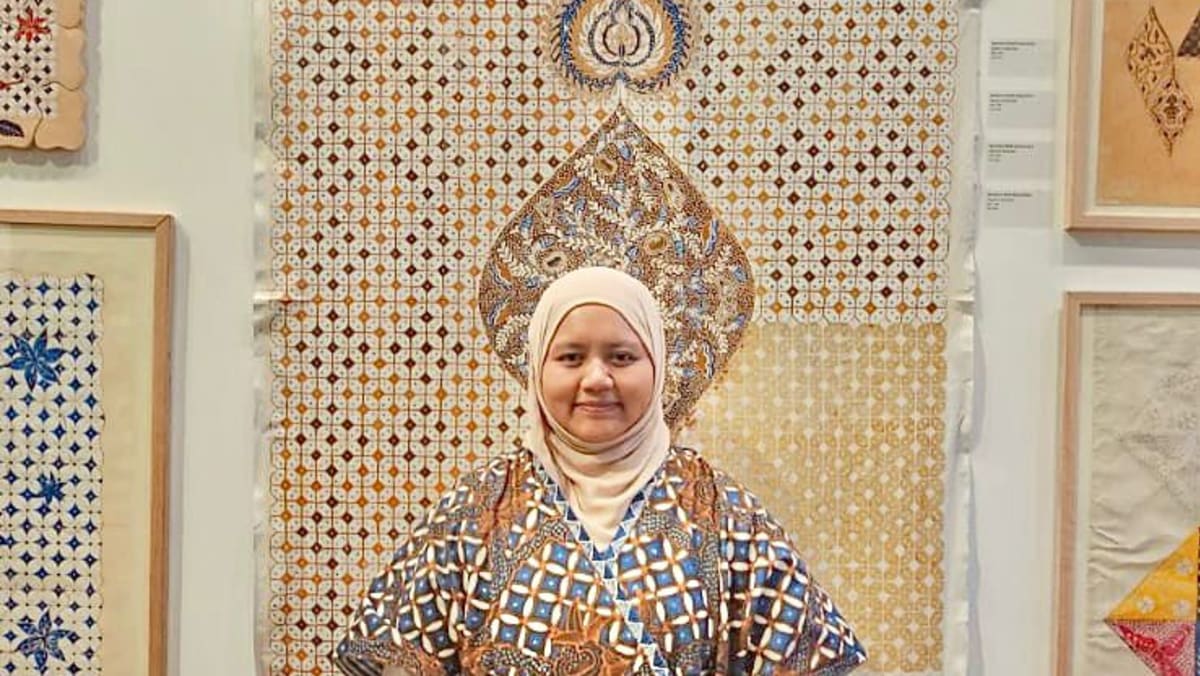
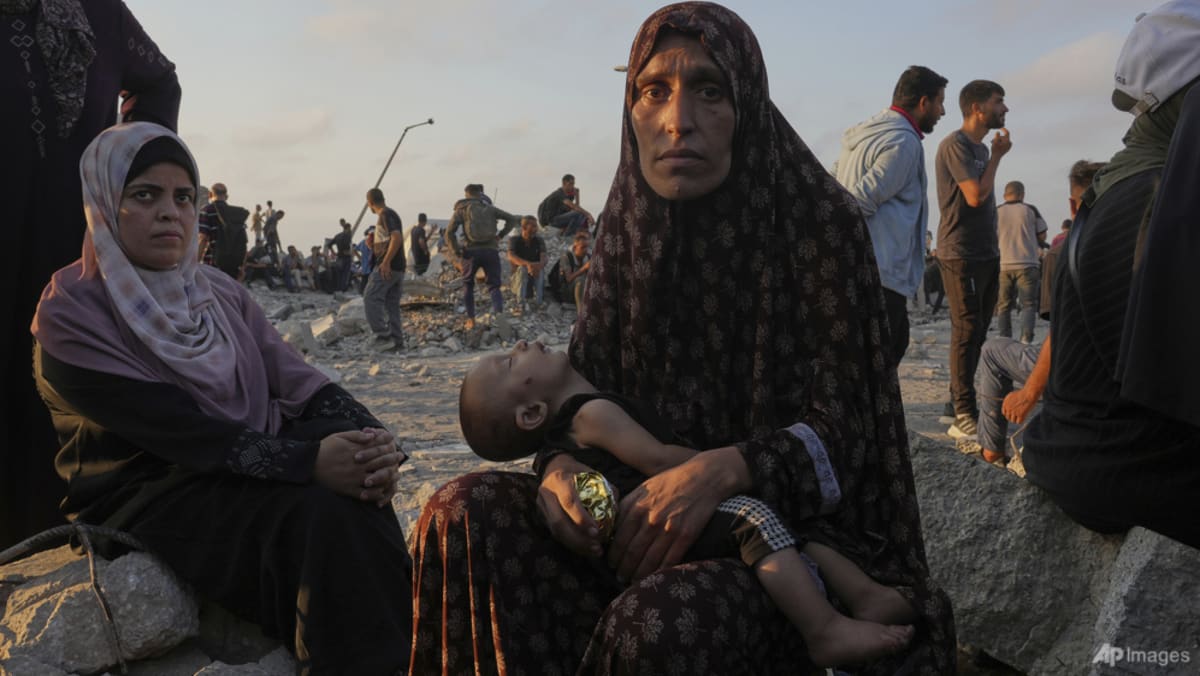
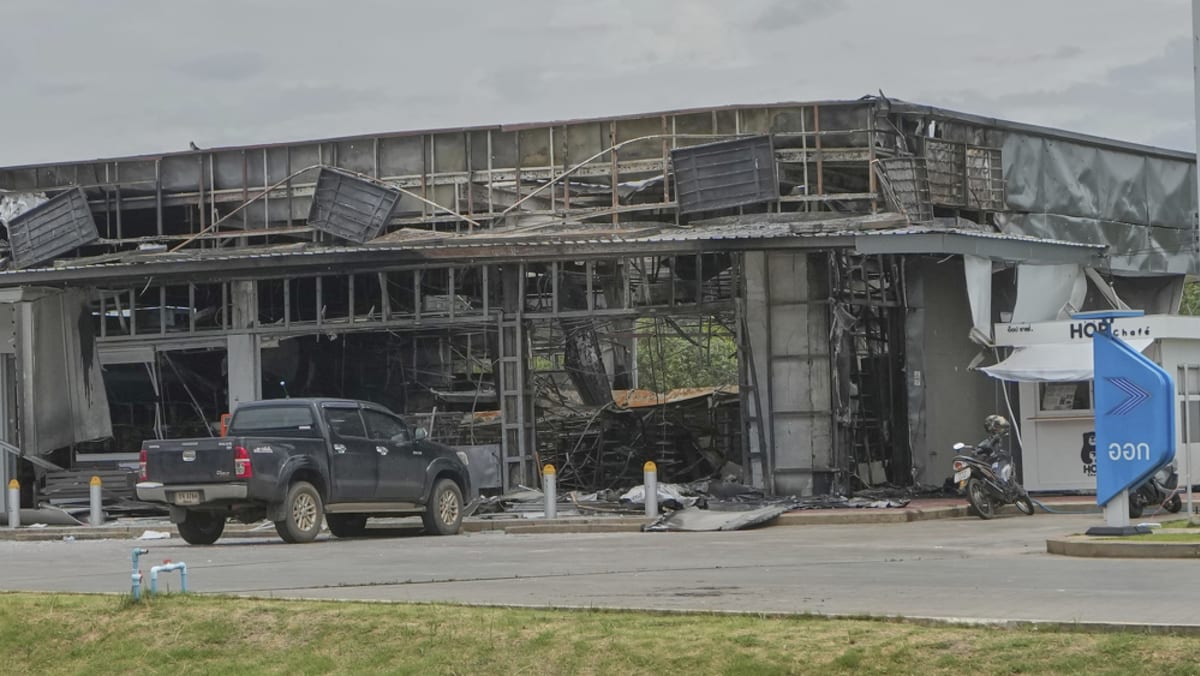
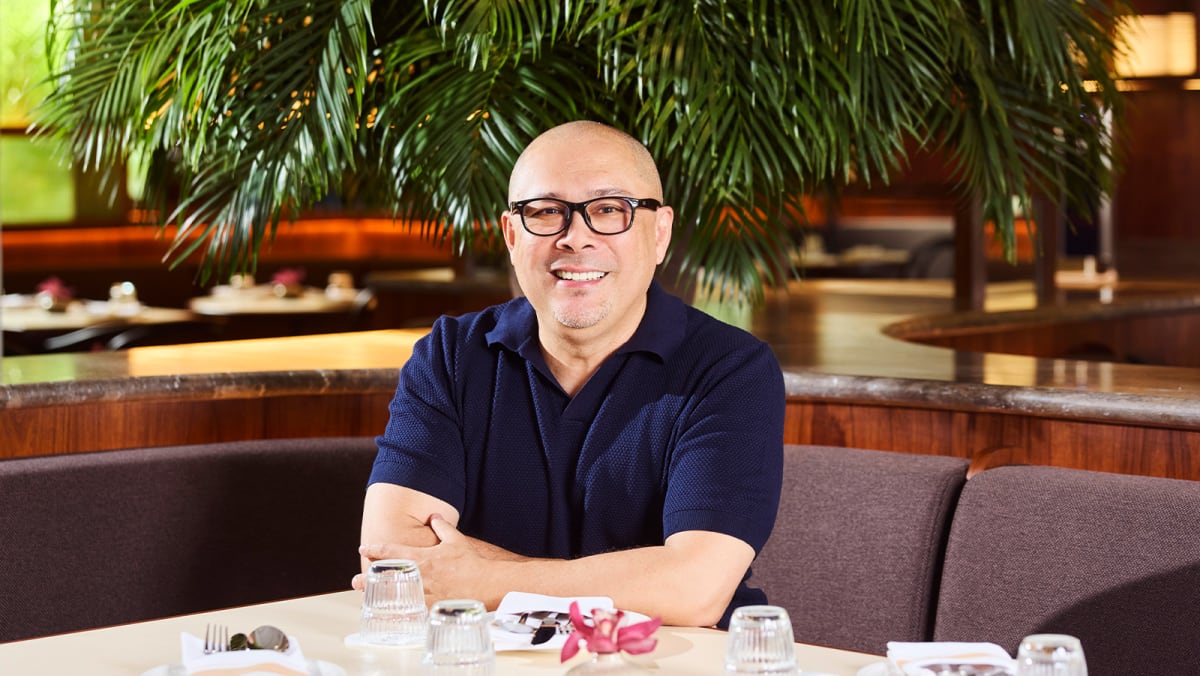

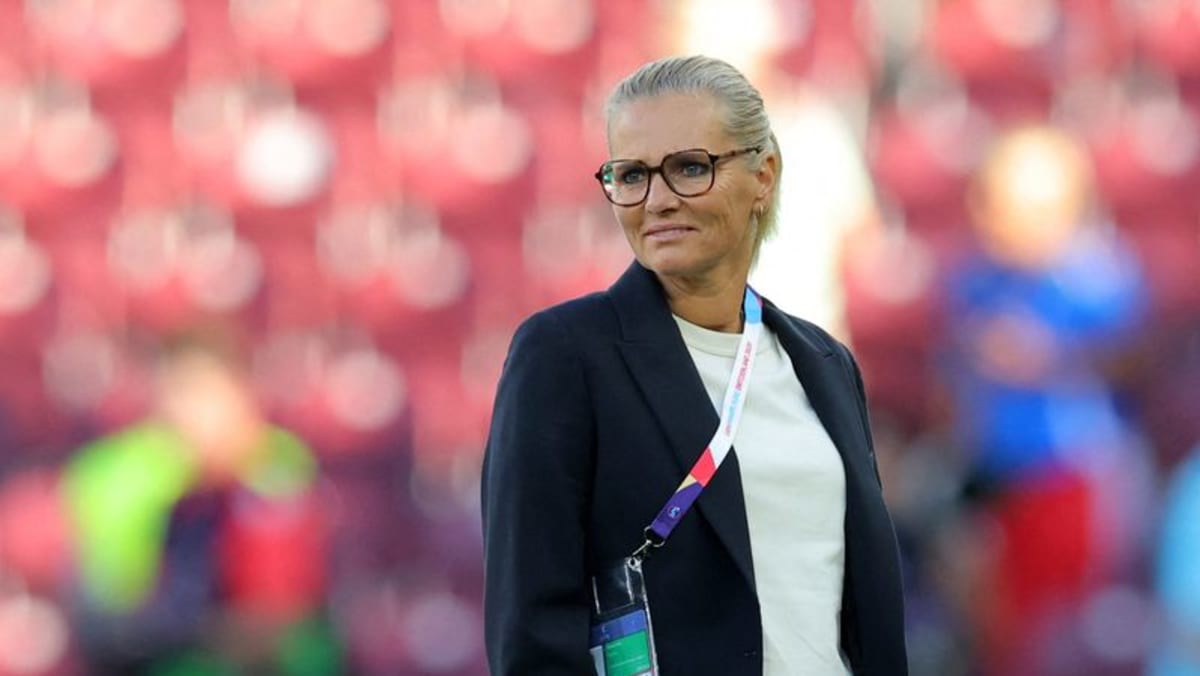
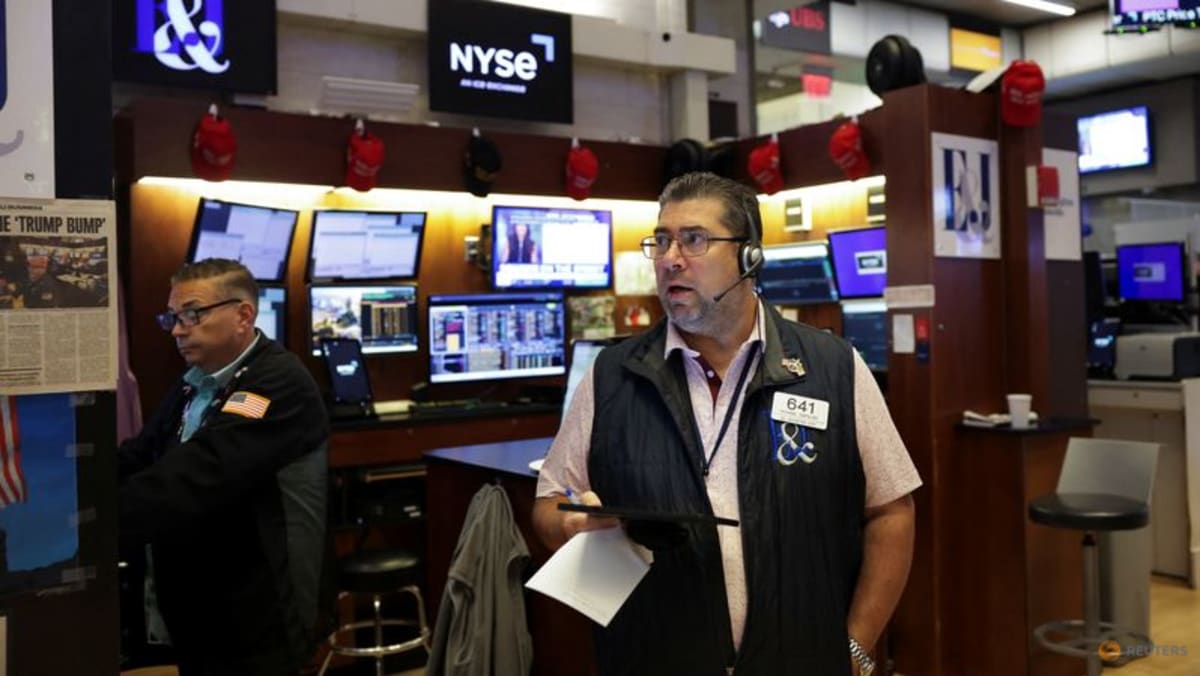

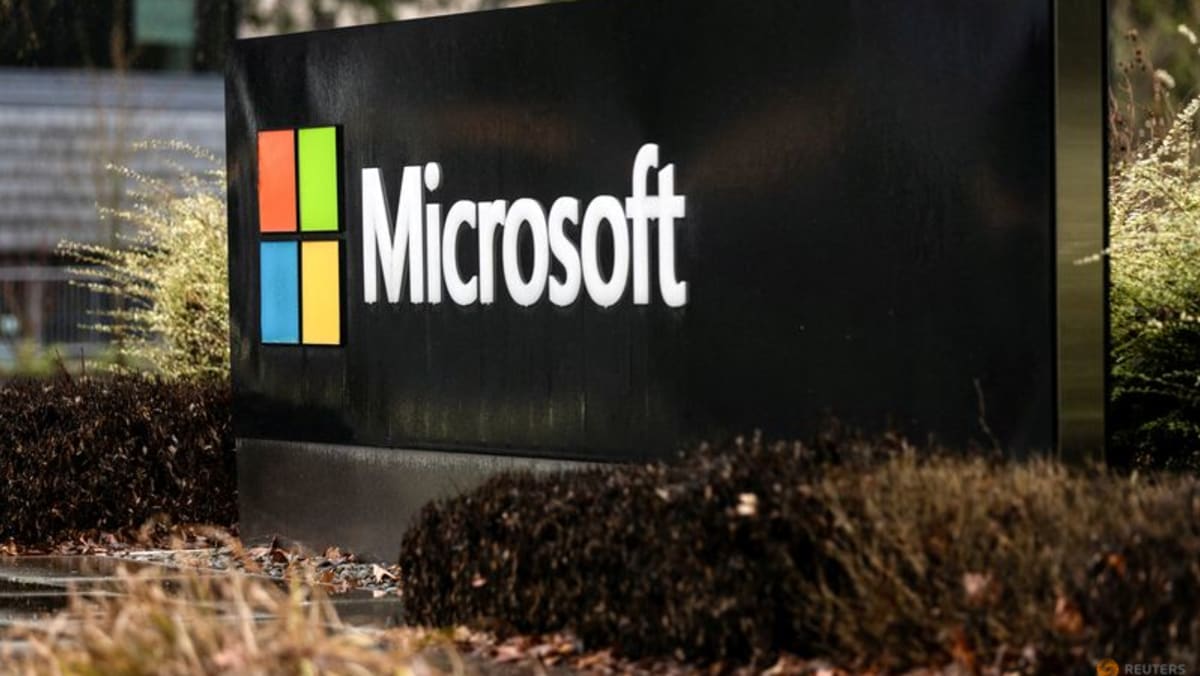
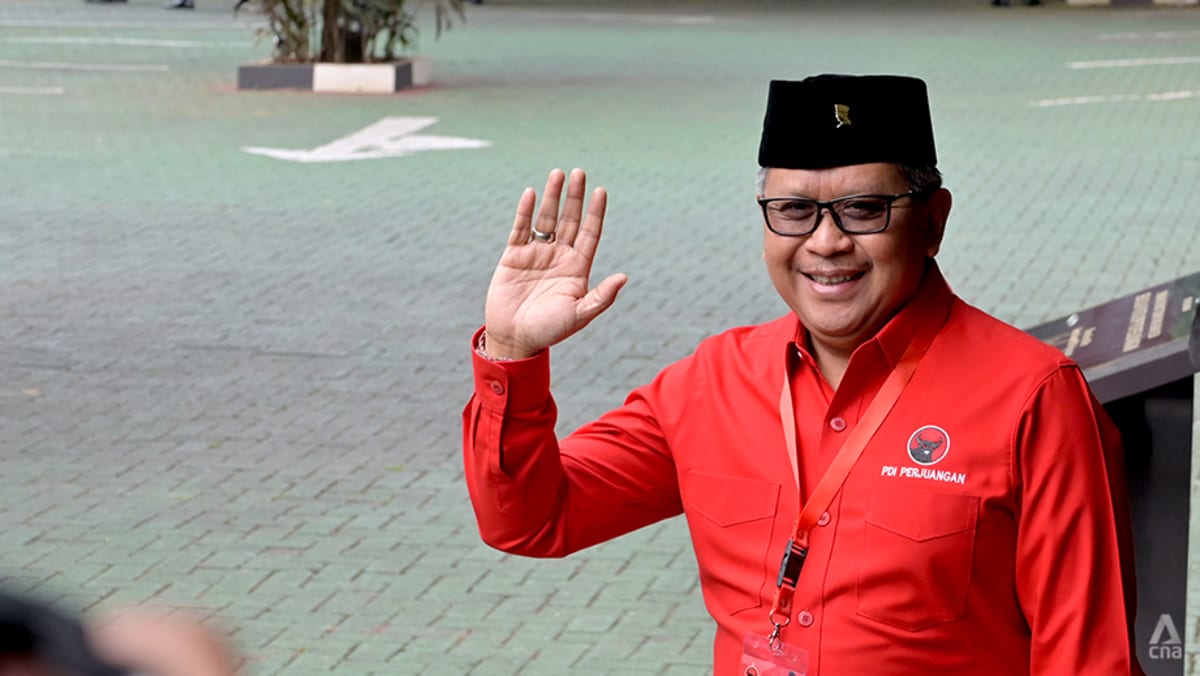
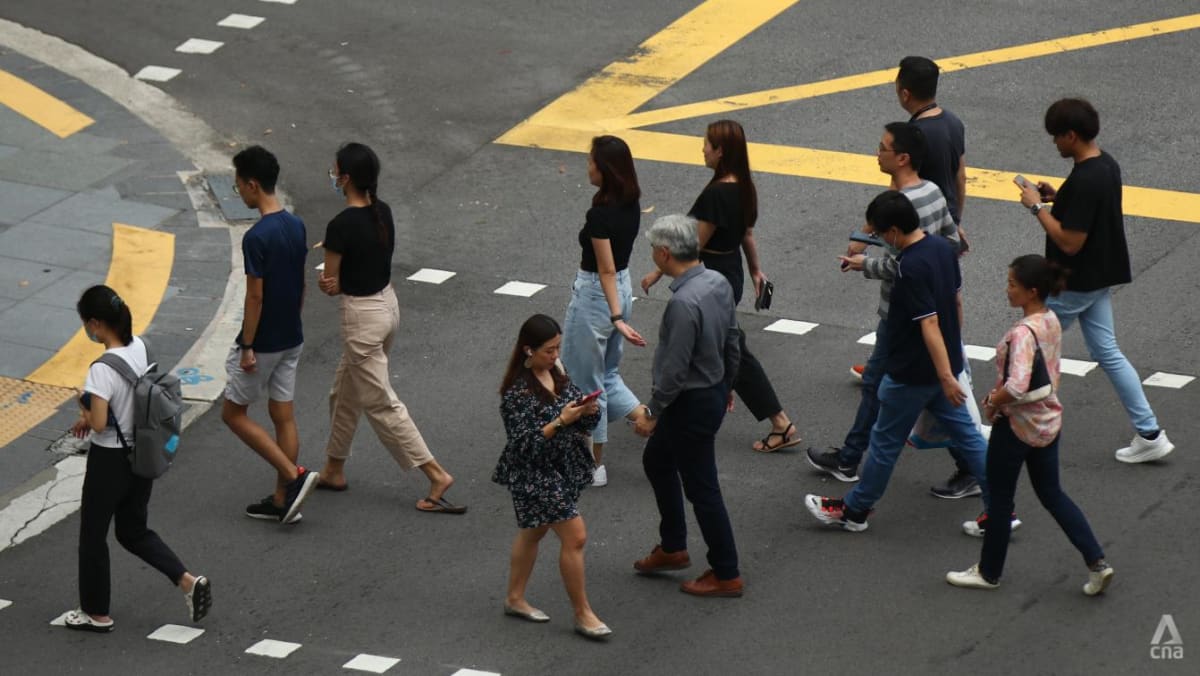
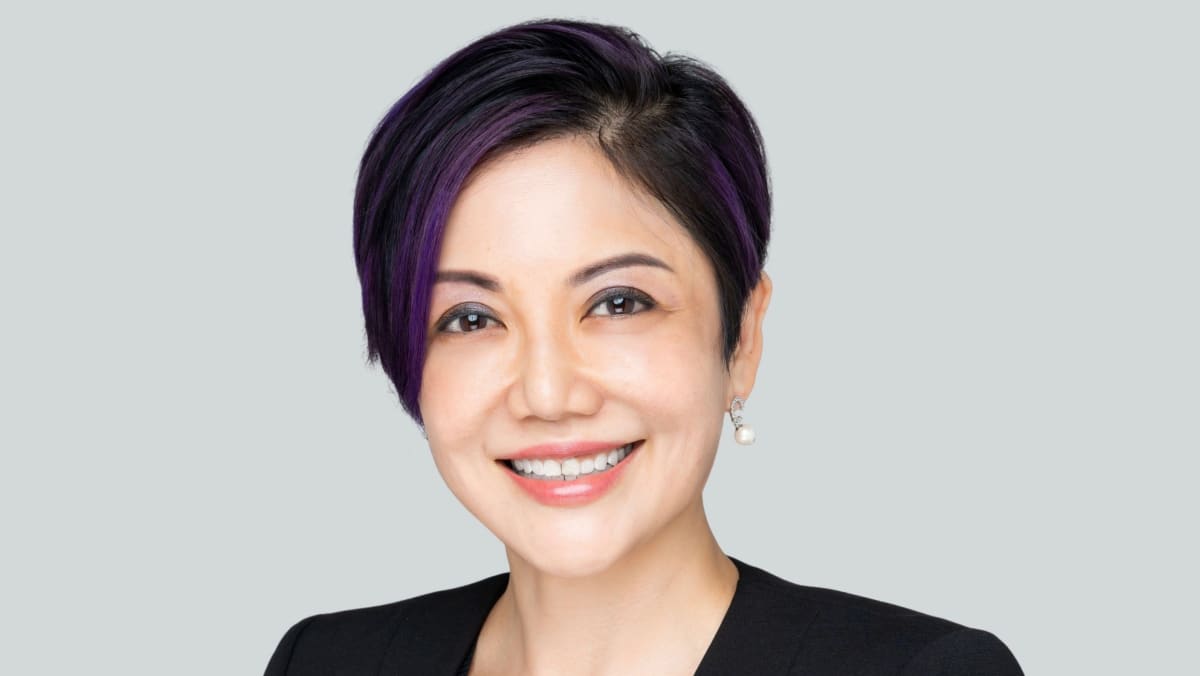
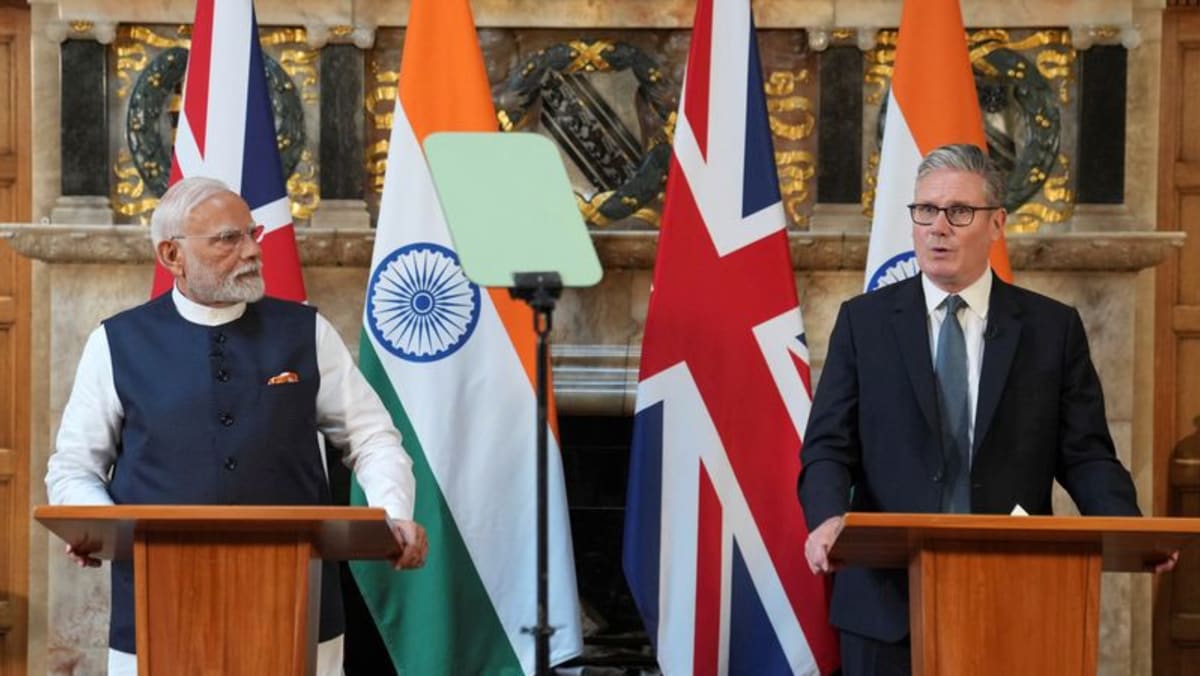
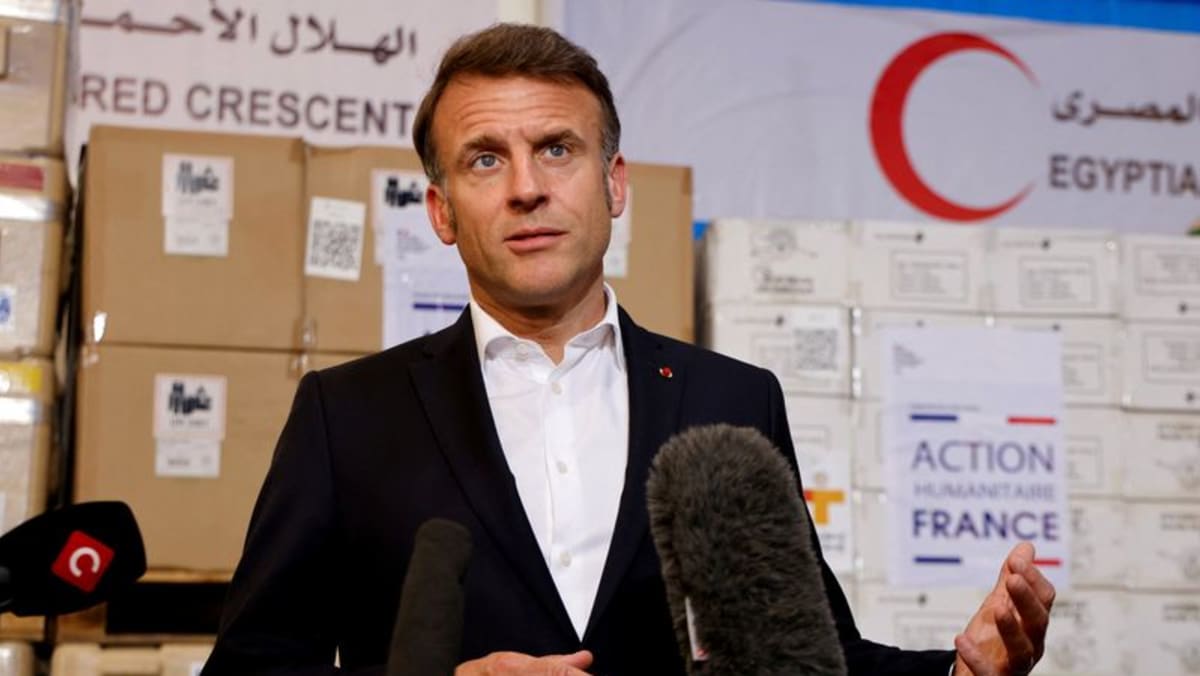


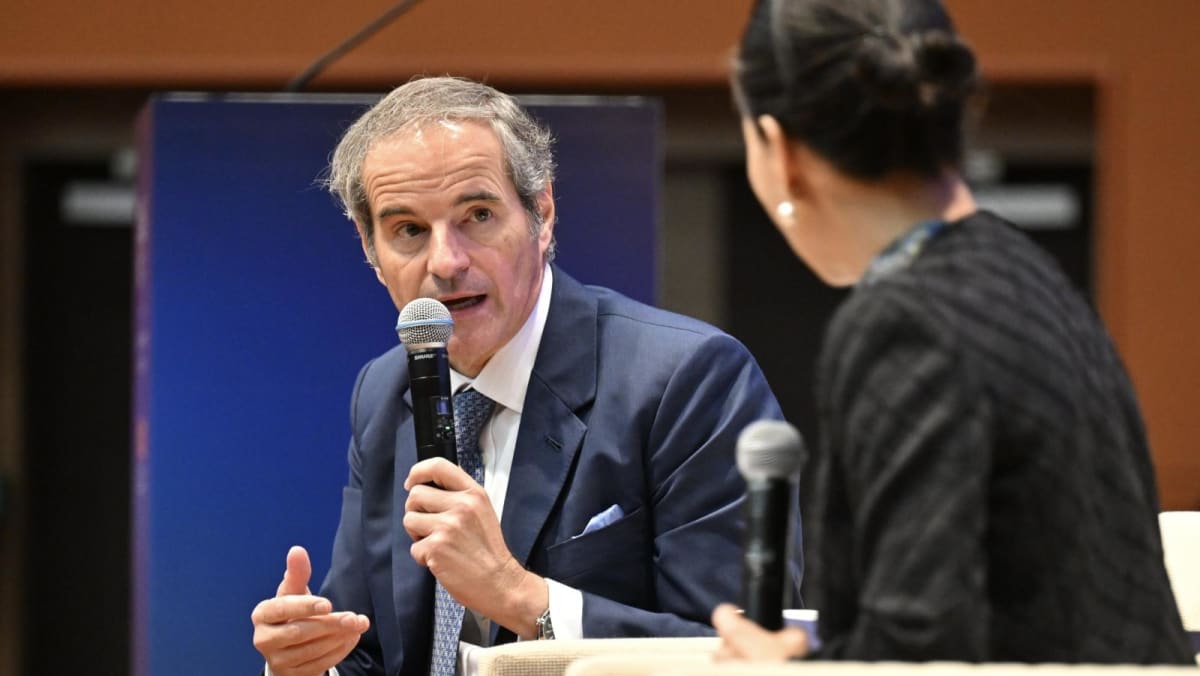













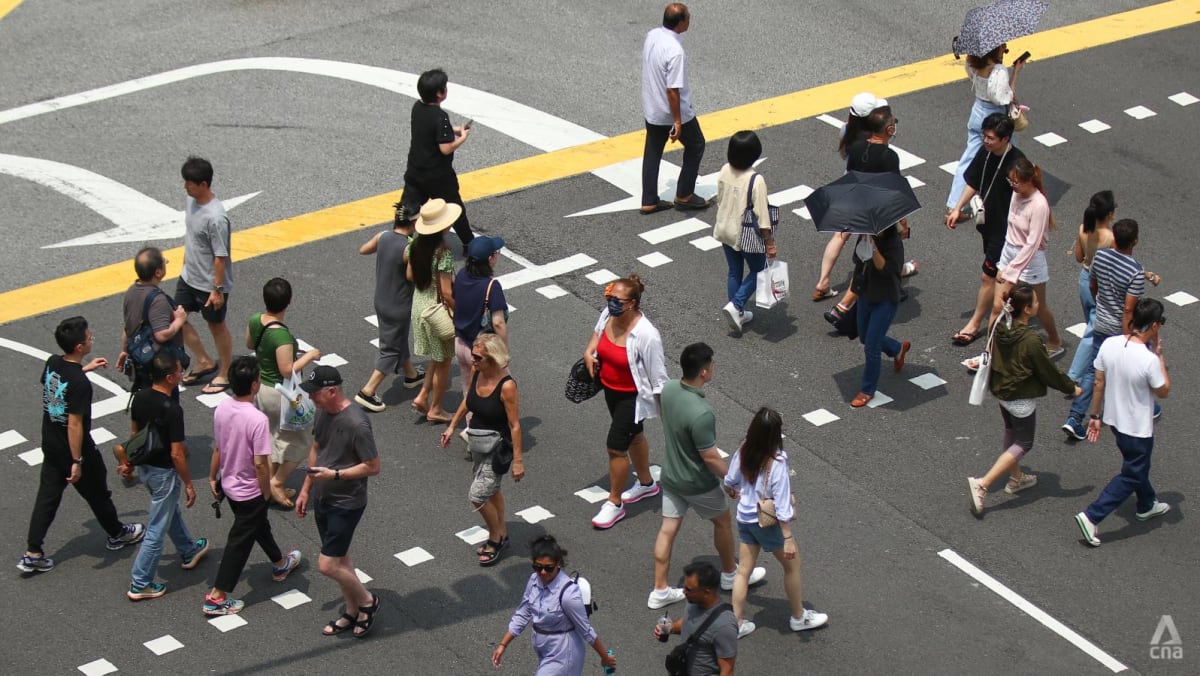






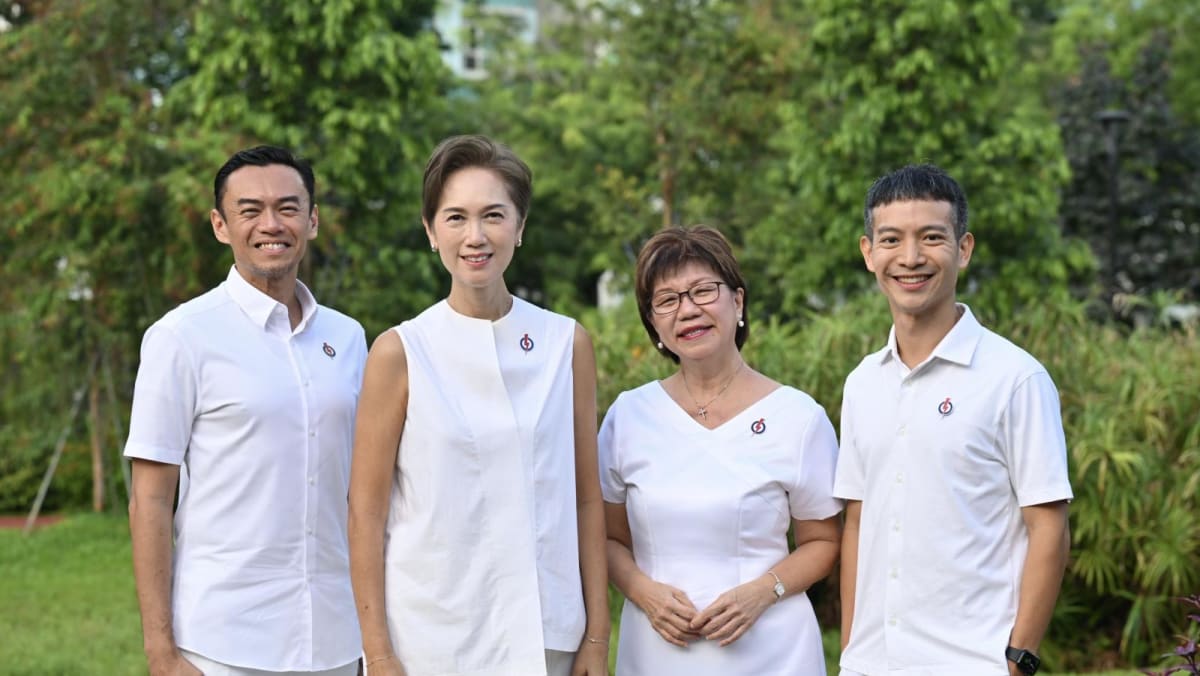



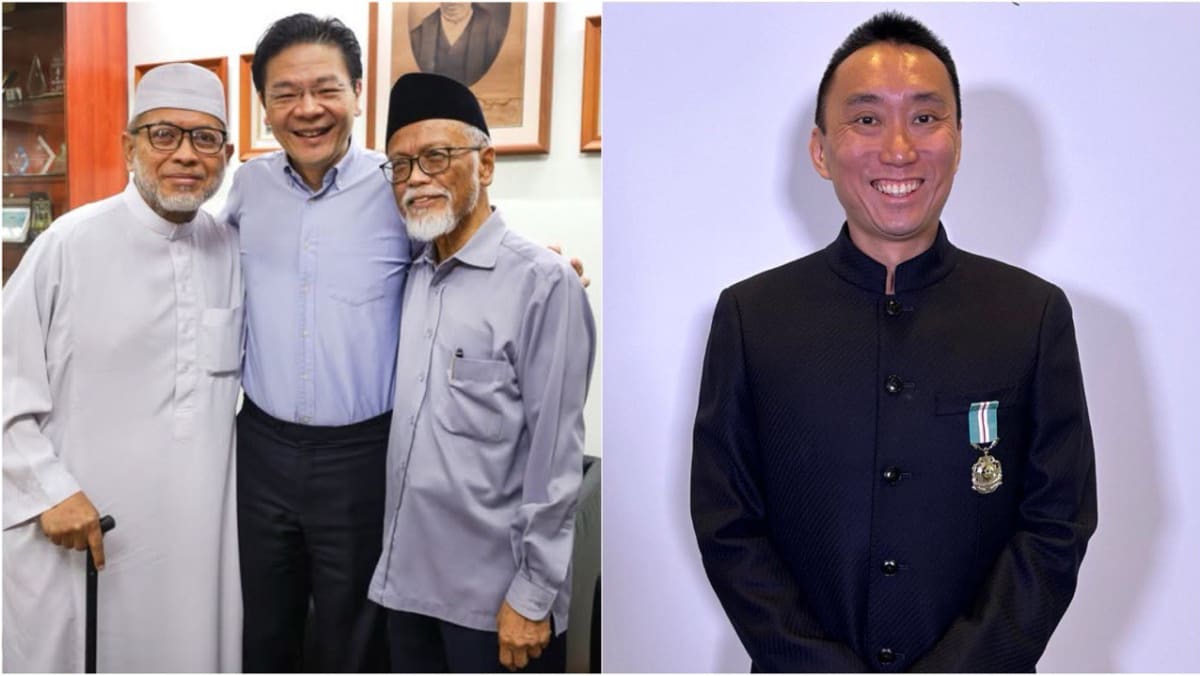


.png?itok=erLSagvf)

